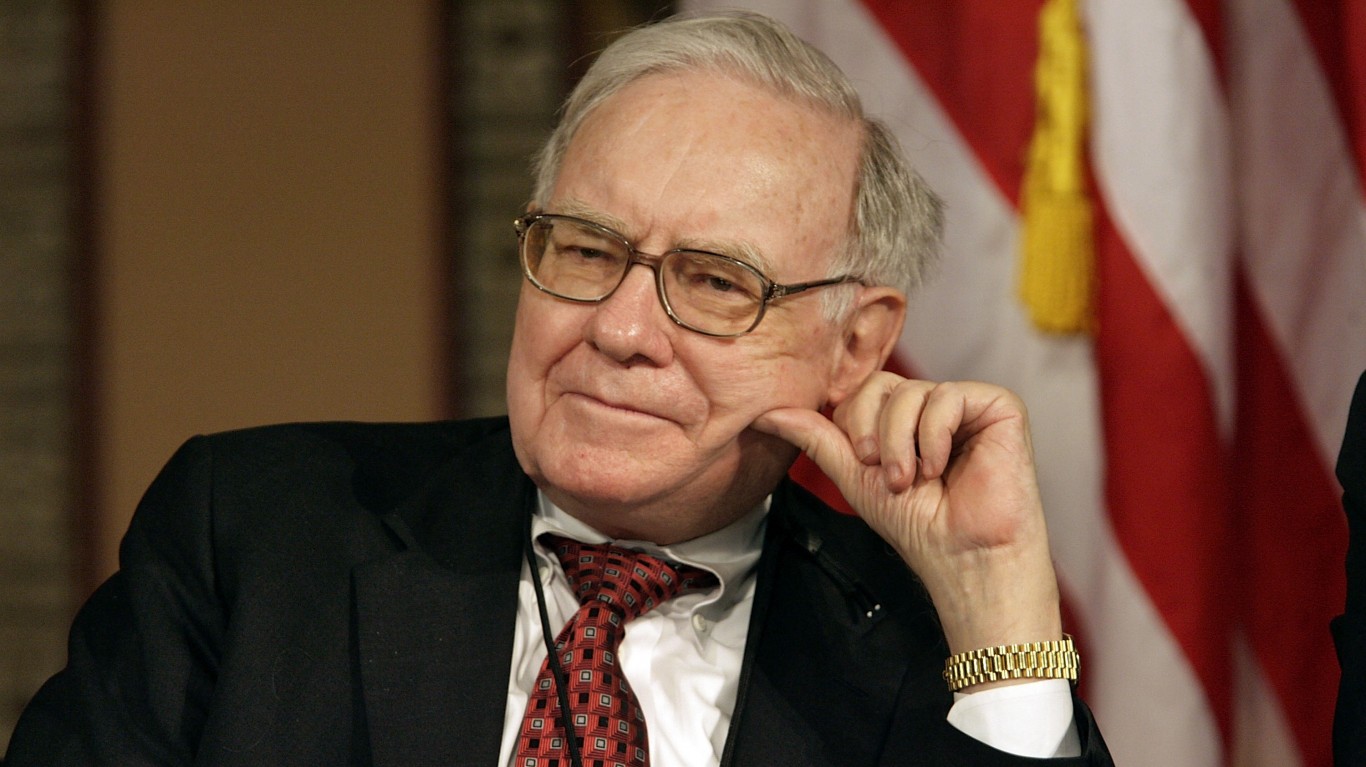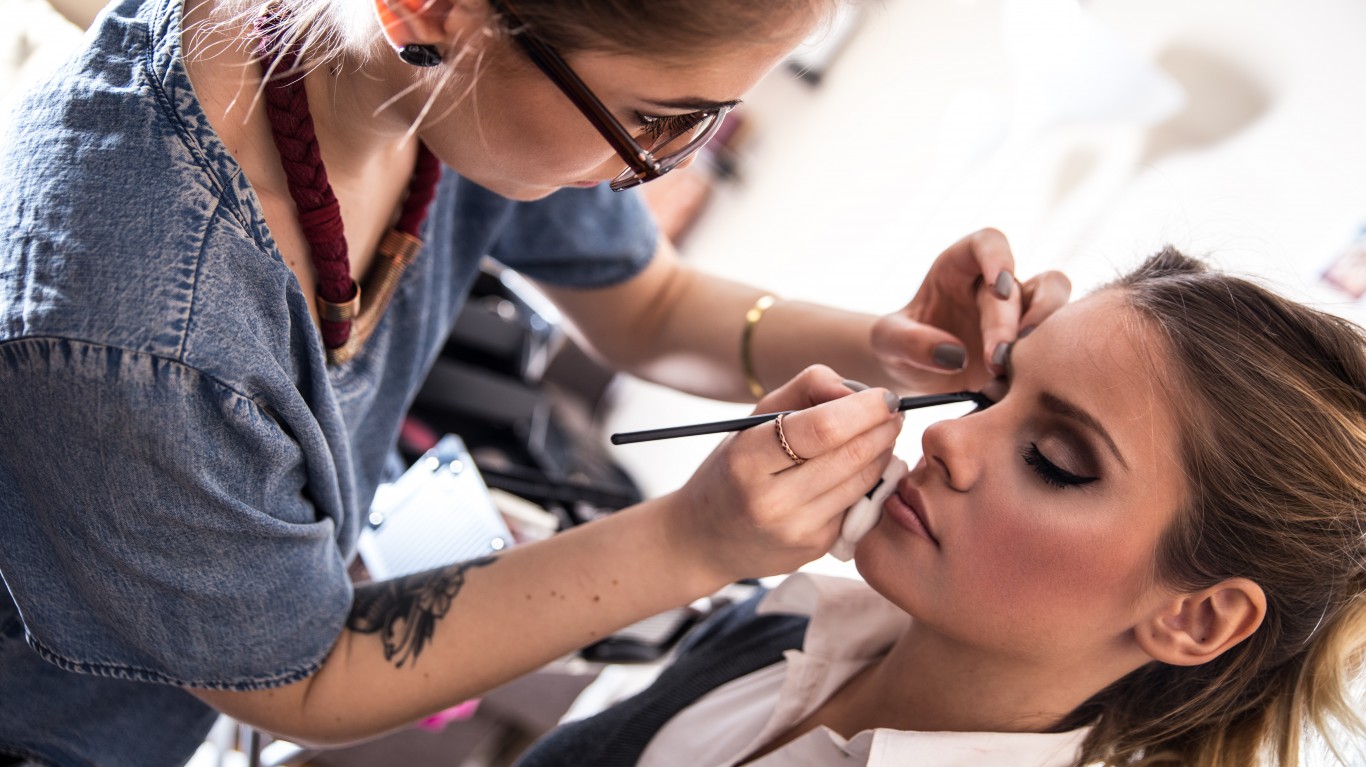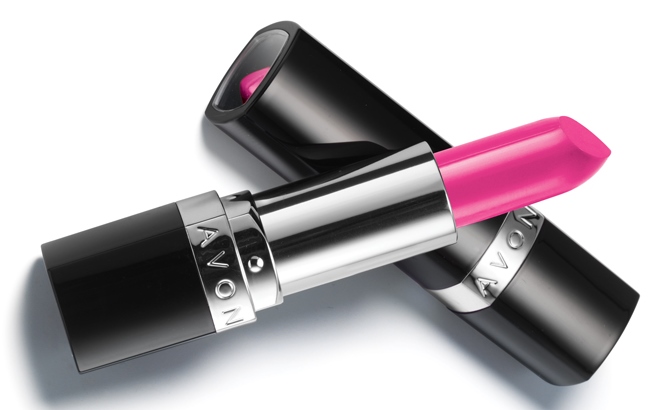
Warren Buffett is unquestionably the world’s greatest investor. Since becoming CEO of Berkshire Hathaway (NYSE:BRK-A)(NYSE:BRK-B) in 1965, he has generated cumulative returns of 4.7 million percent. Yowser.
That equates to a 20% average annual return over 59 years, or almost twice as good as the S&P 500. It’s why he is called the Oracle of Omaha and investors flock by the tens of thousands to absorb his investing wisdom at the Berkshire Hathaway annual meeting each year.
Although he doesn’t beat the market every year — in just the past 10 years he’s lost four times — by playing the long game and adopting a buy-and-hold strategy, he’s proven the investing adage that it’s your time in the market, not market timing, that is most important.
Berkshire Hathaway (BRK-A) filed its Form 13F on Friday revealing his Q4 trading activity. Warren Buffett made some surprising changes in his portfolio, such as selling down his bank positions and only adding one new stock. The Oracle of Omaha also completely sold off one stock (and two ETFs), which was as surprising as when he purchased it. If you’re looking for some stocks with huge potential, make sure to grab a free copy of our brand-new “The Next NVIDIA” report. It features a software stock we’re confident has 10X potential.
24/7 Wall St. Insights:
Buffett just filed with the Securities & Exchange Commission his fourth quarter 13F-HR form. That’s the filing the wealthiest investors use to declare what stocks they bought and sold over the last three months.
Investors always pore over Buffett’s 13F in an attempt to glean what he thinks about where the market is heading. This quarter’s filing is no different and it contained a number of surprises.
First, he sold down his positions in all of his bank stock holdings, including Bank of America (NYSE:BAC), a stock he’s owned since the financial crisis in 2007.
But there was only one stock Buffett completely liquidated during the period (as well as two exchange-traded funds that track the S&P 500). Having just purchased the stock in Q2 of 2024, let’s see what the Oracle was trying to tell us by bailing out of Ulta Beauty (NASDAQ:ULTA).
Here today, gone tomorrow

Buffett owned Ulta Beauty stock for less than a year. He initially bought 690,106 shares for $266 million, or about $385 per share. In a portfolio worth about $280 billion at the time, it wasn’t an especially large position, only 0.6% of the total.
While he did own 1.3% of Ulta’s shares outstanding, the relatively quick selloff of his stake seems to go against Buffett’s off-quoted motto that the best time to sell is never. Yet he’s been known to do that a time or two over the years. In fact, he sold off most of his ULTA stock (96% of the shares) the very next quarter. So what changed in just a few months?
A bounce that didn’t materialize

The original purchase was thought by some to be a sign he expected an economic downturn. According to the Lipstick Effect, a phenomenon coined by Estee Lauder‘s (NYSE:EL) Leonard Lauder during the market collapse brought on by the dot-com bubble and 9/11, beauty brands in particular tend to perform better during times of trouble.
It hinges on the idea that consumers will still buy small indulgences like lipstick even though they can’t afford to make bigger, more expensive purchases.
Since 2024 was a period of great uncertainty, with the economy looking like it was teetering on a recession, buying one of the leading cosmetics retailers was a smart move. Yet Ulta Beauty has had a rough time since Buffett first bought in. Persistent inflation, high interest rates, and rising consumer debt have all weighed on the beauty stock’s performance. The sales boom of the pandemic has given way to grinding out single-digit sales growth.
Third quarter revenue rose just 1.7% as comparable store sales eked out a 0.6% gain. It hints that Ulta’s heady growth days are probably behind it. But the retailer operates over 1,400 stores in all 50 states, while pursuing omnichannel retailing and global expansion opportunities as well. There is still significant growth in its future, albeit at lower rates.
Key takeaway
It is quite possible Buffett wasn’t the one who bought Ulta Beauty to begin with. Although it possesses many of the hallmarks of a classic Buffett buy — a consumer-facing business trading at a discount — he rarely buys retail stocks. Also, the fact only a small stake was bought suggests it was probably made by his investing lieutenants Ted Weschler and Todd Combs.
Analysts believe that stock purchases in Berkshire Hathaway of less than $1 billion are made by them while investments over that threshold are made by Buffett.
Although it is unclear what soured Buffett or his investment managers on Ulta Beauty, it remains a solid company with multiple growth levers still available to pull. If you own ULTA stock, there’s no reason to sell just because Buffett did.
Thank you for reading! Have some feedback for us?
Contact the 24/7 Wall St. editorial team.






